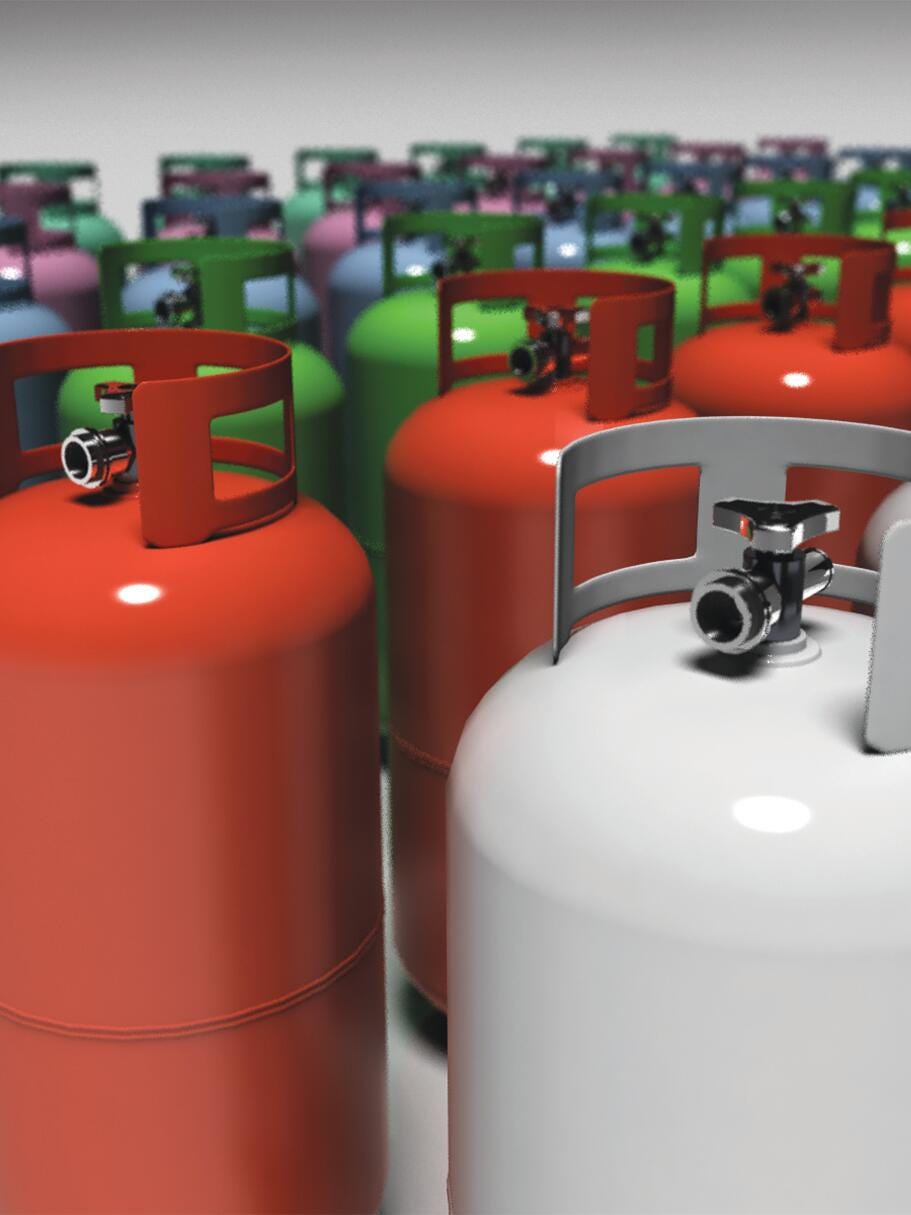
Ensuring Safety Is a Top Priority
Due to its toxicity, ammonia has been the subject of regulations from the Occupational Safety and Health Administration (OSHA). OSHA’s Process Safety Management of Highly Hazardous Chemicals standard requires industrial operators to provide documentation for systems charged with 10,000 lbs. of ammonia.
Technological advancements have given rise to architectures that combine lower charges of ammonia in combination with CO2, removing the ammonia circuit from occupied spaces. This NH3/CO2 cascade configuration has potential uses within commercial and industrial refrigeration.

